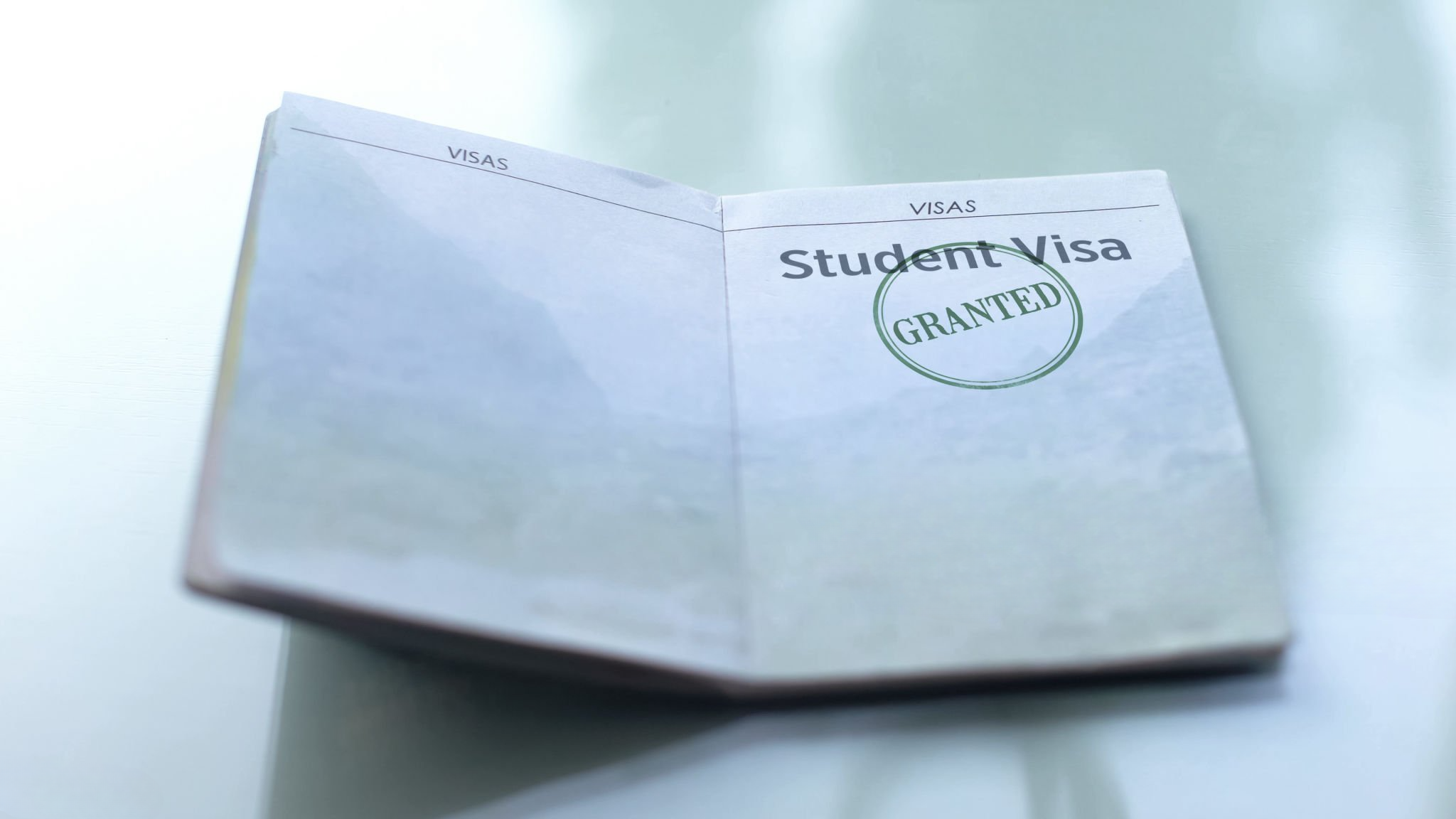Study Visa
The Short-Term Work Visa – Section 11(2) in South Africa is a visa designed for foreign nationals who need to engage in short-term work activities in the country. This visa is typically used for temporary assignments, such as attending business meetings, providing specialized services, or fulfilling short-term contracts. Unlike long-term work visas, this visa is granted for a short duration and is intended for specific work-related tasks.

Purpose:
Eligibility:
Duration:
The Study Visa is designed for students who wish to enroll in full-time or part-time studies at a recognised South African educational institution.
covers a wide range of educational levels, including primary and secondary schooling, tertiary education (universities and colleges), and vocational training programs.
Applicants must have an official acceptance letter from a registered South African educational institution. The institution must be accredited and recognized by the relevant South African authorities.
The applicant must demonstrate the intent to study and have the financial means to support themselves during their stay in South Africa.
Family members of the Study Visa holder (such as a spouse or children) may apply for accompanying visas, but they are not automatically granted the right to work or study unless they apply for and receive appropriate visas.
Children may be eligible for a study visa to attend school in South Africa.
The visa is typically issued for the duration of the study program. For longer programs, it may need to be renewed periodically, depending on the length of the course.
Short-term courses may receive a visa valid for the duration of the course only, while longer programs like undergraduate or postgraduate degrees may allow for multi-year visas.
Conditions and Restrictions:
Validity and Renewal:
Documentation:
The visa is granted specifically for study purposes, meaning the holder is expected to remain enrolled in their program of study and maintain satisfactory academic progress.
The visa may allow for part-time work, usually up to 20 hours per week during academic sessions and full-time during vacations, though this depends on the specific conditions of the visa.
The Study Visa does not directly lead to permanent residence. However, students who graduate from South African institutions may apply for other types of visas, such as a Critical Skills Visa or General Work Visa, if they wish to stay and work in South Africa after completing their studies.
The visa is typically valid for the duration of the academic program. For multi-year programs, the visa must be renewed periodically, usually on an annual basis.
Renewal applications must be submitted before the current visa expires, and students must continue to meet the visa requirements, including academic performance and financial means.
Visa holders must comply with all South African laws, including maintaining valid medical insurance and ensuring their visa remains current.
Overstaying or violating visa conditions can result in fines, deportation, or difficulties in obtaining future visas.
Important Considerations:
Visitor's Visa Section - Academic Sabbaticals
A Visitor's Visa for academic sabbaticals in South Africa, issued under Section 11(1)(b)(vi) of the Immigration Act, is designed for foreign nationals who wish to spend time in South Africa for academic purposes. This visa is commonly used by researchers, professors, and academics who plan to conduct research, collaborate with South African institutions, or participate in academic sabbaticals.
Purpose:
Eligibility:
Duration:
The visa allows academics to stay in South Africa for a specified period to undertake research, teach, collaborate on projects, or engage in other academic activities.
It is ideal for those taking a sabbatical from their home institution to work temporarily in South Africa.
Applicants must be involved in academic or research activities, typically affiliated with a university or research institution either in South Africa or their home country.
The purpose of the visit should be clearly academic, and applicants should provide evidence of their academic standing and the nature of their planned activities in South Africa.
The visa is usually granted for a period of up to three months, but it can be extended for an additional three months if necessary. For longer stays, other visa options may need to be considered.
The total duration of stay cannot exceed six months under this visa category.
Conditions and Restrictions:
Validity and Renewal:
Documentation:
The visa is strictly for academic purposes and does not allow the holder to engage in any form of employment outside the scope of their academic activities.
The visa holder is expected to comply with South African laws and the specific conditions of the visa.
The visa is typically valid for up to three months but can be extended for another three months if needed. Extensions must be applied for before the initial visa expires.
For stays longer than six months, the applicant would need to explore other visa options, such as a temporary residence visa for study or work.
This visa does not generally permit the holder to take up employment in South Africa beyond the scope of their academic activities. If the academic work involves a stipend or grant, it must be part of the academic arrangement and clearly outlined in the application.
Spouses or dependents of the visa holder may apply for a visitor's visa to accompany them, but they will not automatically have the right to work or study in South Africa. They must apply for the appropriate visa if they intend to engage in these activities.
Important Considerations:
